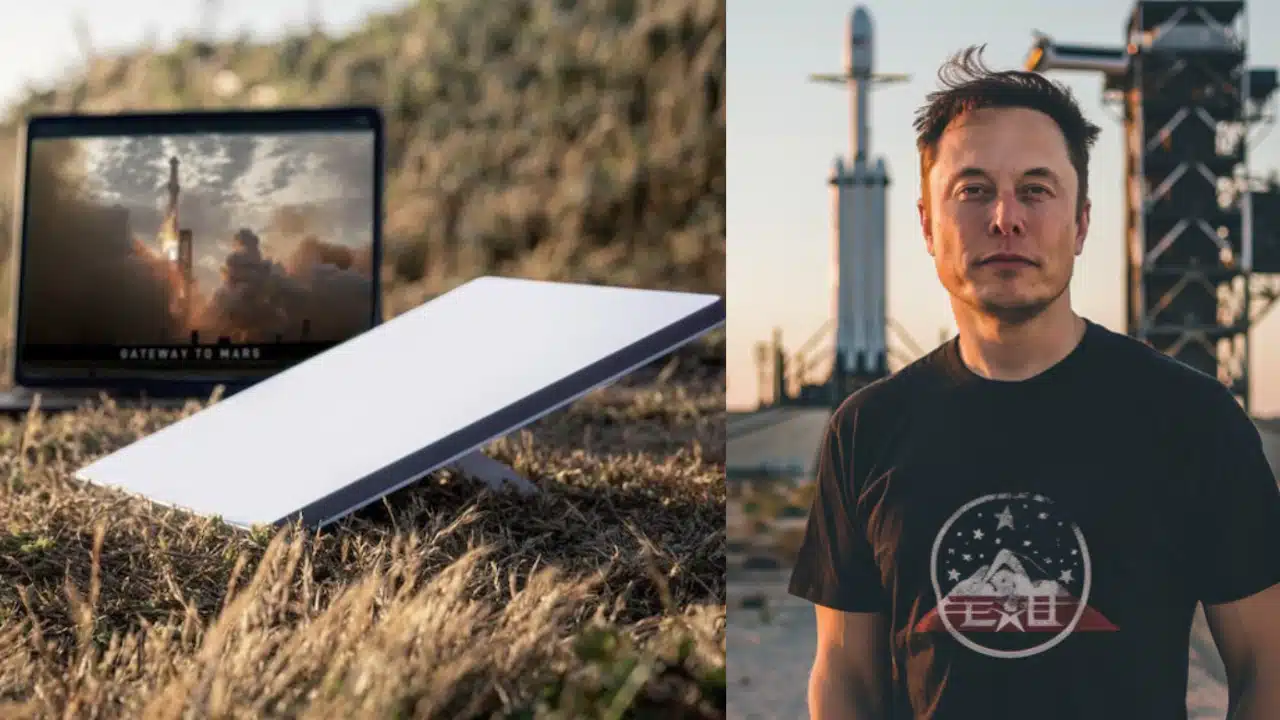The world of satellite internet is expanding, and Great Barrier Island might soon feel even less remote. SpaceX has unveiled the Starlink Mini, a compact, portable satellite, USB-powered internet dish promising to revolutionise access to the internet for off-grid locations.
The new device, about the size of an iPad, integrates a Wi-Fi router directly into its structure, making it incredibly portable and easy to use in remote areas—perfect for conservationists, campers, and residents with minimal power supplies. The new dish can run on as little as 20-40 watts of power, about a fifth of some previous models. It can even run on a standard USB-C, potentially catering for those with basically just a USB power bank, or car cigarette lighter.
Priced at a brutal $599 in the U.S., the Starlink Mini is not yet available in NZ, but SpaceX plans to roll it out in more regions soon. The pricing is expected to come down relatively quickly, according to the company, as has happened with existing Starlink services. At the moment there’s an additional $30 per month for the ‘Mini Roam’ service on top of standard residential plans, and it’s limited to 50GB of mobile data.
The Starlink announcement comes on the heels of Apple’s revealing it will expand iMessage functionalities via satellite, last week at its developer conference. The company’s satellite service already works contacting emergency services in NZ, if you have an iPhone 14, or later. The regular text messaging services are coming to the U.S. first, before broadening to other regions. Vodafone (now One NZ) says it’s been collaborating with Starlink to integrate satellite connectivity into their mobile devices, setting the stage for comprehensive coverage beyond the peppering of cell towers across NZ.
In a lofty announcement, Starlink states that the introduction of the Starlink Mini, with its compact size, lightweight design, and USB-C power compatibility, represents a significant step towards democratizing information access worldwide. It claims the promise of universal connectivity, even in the most remote corners of the globe, is rapidly becoming a reality, potentially making the world a smaller place for everyone.







